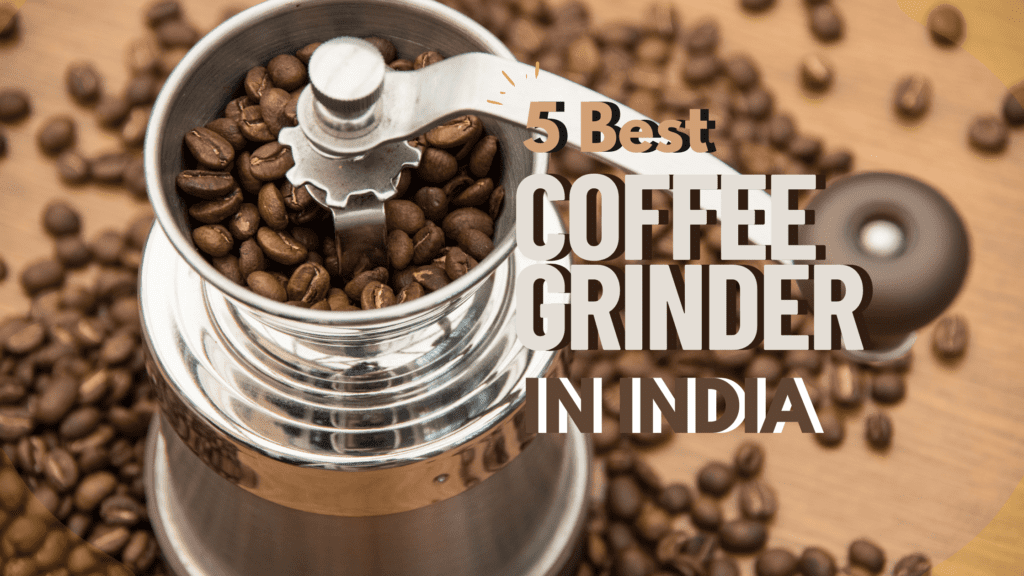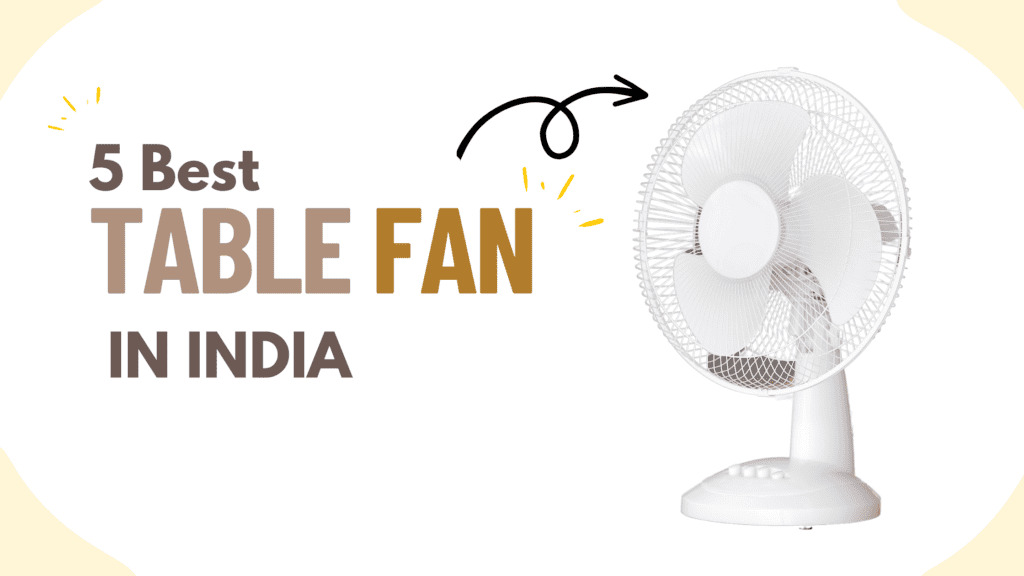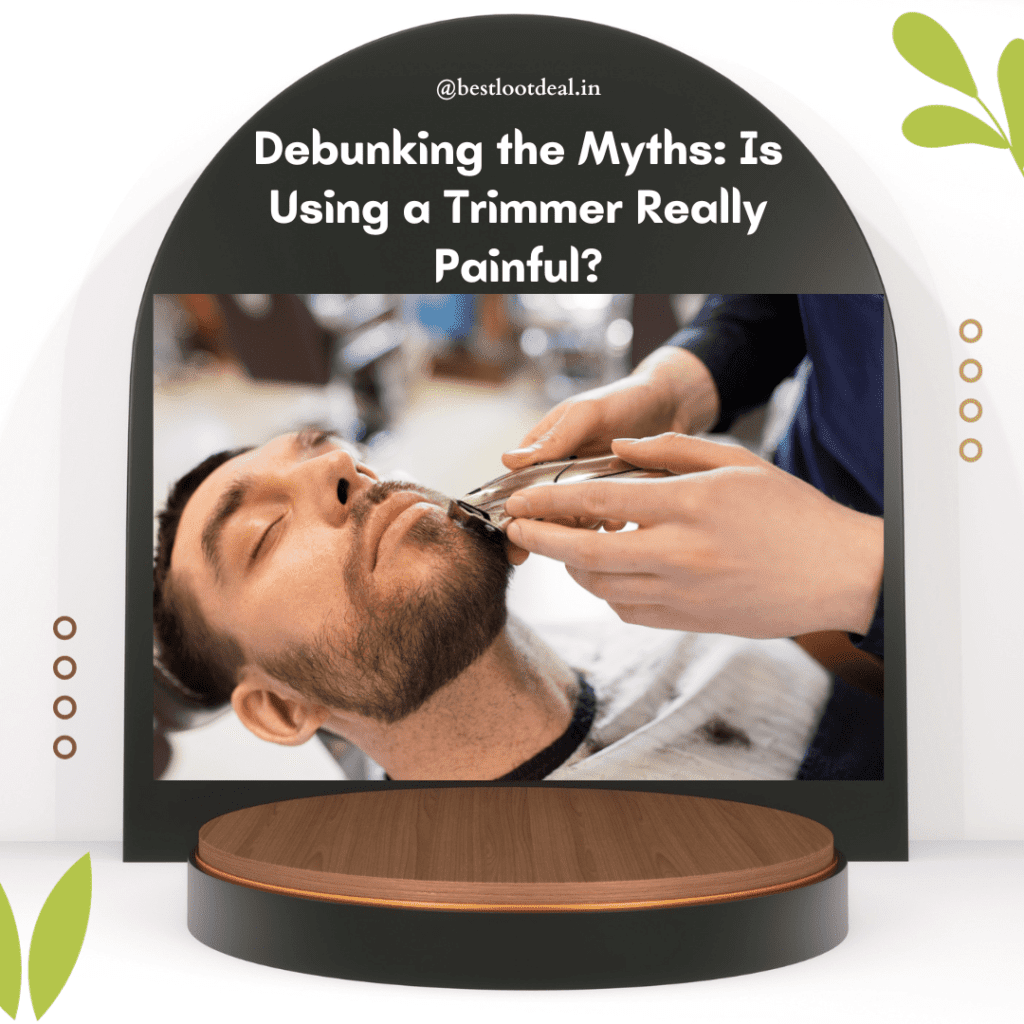Does trimmer make hair hard
Understanding the Fundamentals of Hair Structure
Before we can examine the impact of trimming on hair texture, it’s crucial to establish a foundational understanding of the composition of our hair.
Hair primarily comprises keratin, a protein composed of amino acids.
1. The Cuticle:The outermost layer, the cuticle, is like a protective armor for your hair. It consists of overlapping scales that shield the inner layers from damage.
2. The Cortex: Beneath the cuticle lies the cortex, which contains the bulk of the hair’s protein structure. This layer determines the strength, texture, and color of your hair.
3. The Medulla: The innermost layer, the medulla, is often absent in fine hair but present in thicker hair strands. Its exact function is still somewhat of a mystery.
The Impact of Trimming on Hair Texture
Let’s explore how trimming impacts hair structure now that we are familiar with its fundamentals. Cutting the ends of your hair is the process of trimming, sometimes referred to as hair cutting. How it may affect the texture of your hair is as follows:
1. Preventing Split Ends:
Trimming your hair regularly is often recommended to get rid of split ends. Split ends occur when the protective cuticle layer becomes damaged and starts to peel away, leaving the inner cortex exposed. When you trim these split ends, you prevent further damage and make your hair look healthier and smoother.
2. Promoting Hair Health:
Regular trims help maintain the overall health of your hair. When you get rid of damaged and brittle ends, your hair can grow stronger and look better. Healthy hair is less prone to becoming coarse or hard.
3. Maintaining Shape and Style:
Trimming is crucial for keeping your hairstyle in shape. If you’ve ever had a haircut that grew out unevenly, you know the importance of regular trims in maintaining the style you desire.
4. Avoiding Hair Breakage:
When hair is not trimmed regularly, it can develop split ends that travel up the hair shaft, making your hair more prone to breakage. This breakage can give the illusion of coarse or hard hair.
5. Enhancing Texture:
Interestingly, trimming can enhance the texture of your hair by removing the oldest and most weathered parts. This can result in softer, more manageable hair.
Debunking the Myth: Trimming Doesn't Make Hair Hard
Factors That Can Make Hair Feel Hard After Trimming
1. Product Buildup:The use of heavy or excessive hair products can create a layer of buildup on the hair shaft, making it feel stiff and less flexible.
2. Environmental Factors: Exposure to harsh sunlight, chlorine, or hard water can also affect the texture of your hair, making it feel rough.
3. Heat Damage: Excessive use of heat styling tools, such as straighteners or curling irons, can damage the cuticle layer of your hair, making it feel coarse.
4. Lack of Moisture: Dry hair is more prone to feeling stiff. Proper hydration and conditioning are essential for maintaining soft and supple hair.
5. Hair Type: Some people naturally have coarser hair textures, and this is not a result of trimming but rather a genetic characteristic.
Maintaining Soft and Healthy Hair After Trimming:
To ensure that your hair remains soft and healthy after trimming, here are some tips to consider:
1. Use the Right Hair Products: Choose hair products that are suitable for your hair type and avoid heavy, greasy products that can weigh down your hair and make it feel stiff.
2. Protect Your Hair from Environmental Damage: Use sunscreen for your hair when spending extended periods in the sun and rinse your hair after swimming in chlorinated pools.
3. Limit Heat Styling: Minimise the use of heat styling tools and always use a heat protectant spray when styling your hair with heat.
4. Stay Hydrated: Properly hydrate your hair by using a moisturizing shampoo and conditioner, and consider using a deep conditioning treatment periodically.
5. Maintain a Regular Trimming Schedule: Stick to a trimming schedule that works for your hair type and style to prevent split ends and maintain the health of your hair.
Finally, trimming your hair will not result in it being stiff or hard.
In actuality, regular trims are necessary to keep hair healthy, soft, and manageable.
If your hair feels coarse after trimming, it’s more likely due to other factors such as product buildup, environmental damage, or heat styling. By following the right hair care routine and being mindful of these factors, you can enjoy soft and beautiful hair, whether you trim it regularly or not. So, go ahead and embrace those trims for the sake of your hair’s health and beauty.
Read More
1.Trimming on a Budget: Value-for-Money Trimmers Under 3000
2.Ultimate Guide: Best Trimmers Under 1500 in India
3.Trimming Made Effortless: Philips QP2525/10 Hybrid Trimmer and Shaver Review




